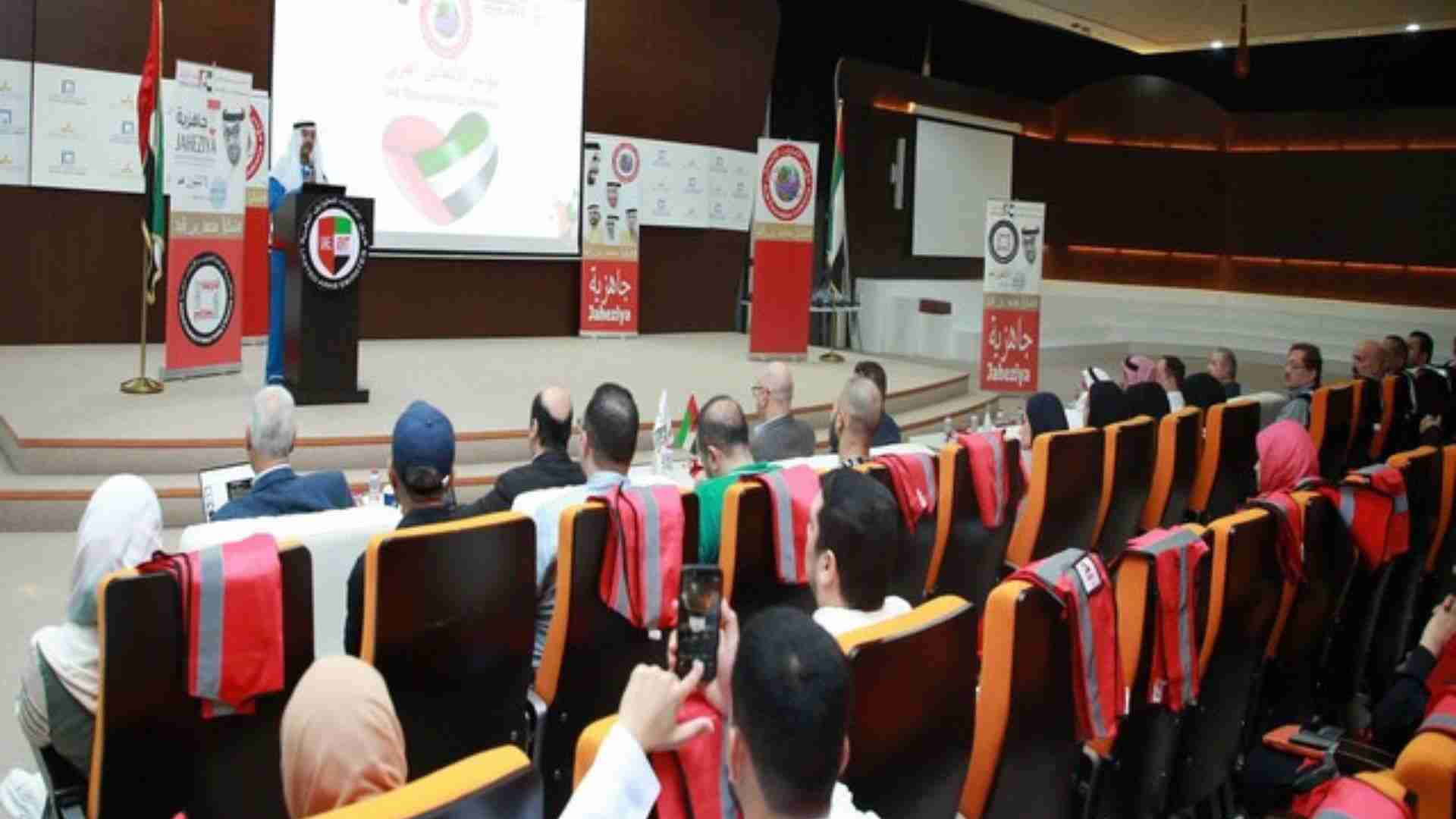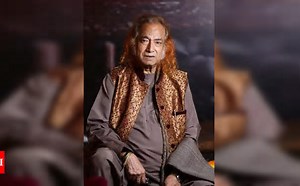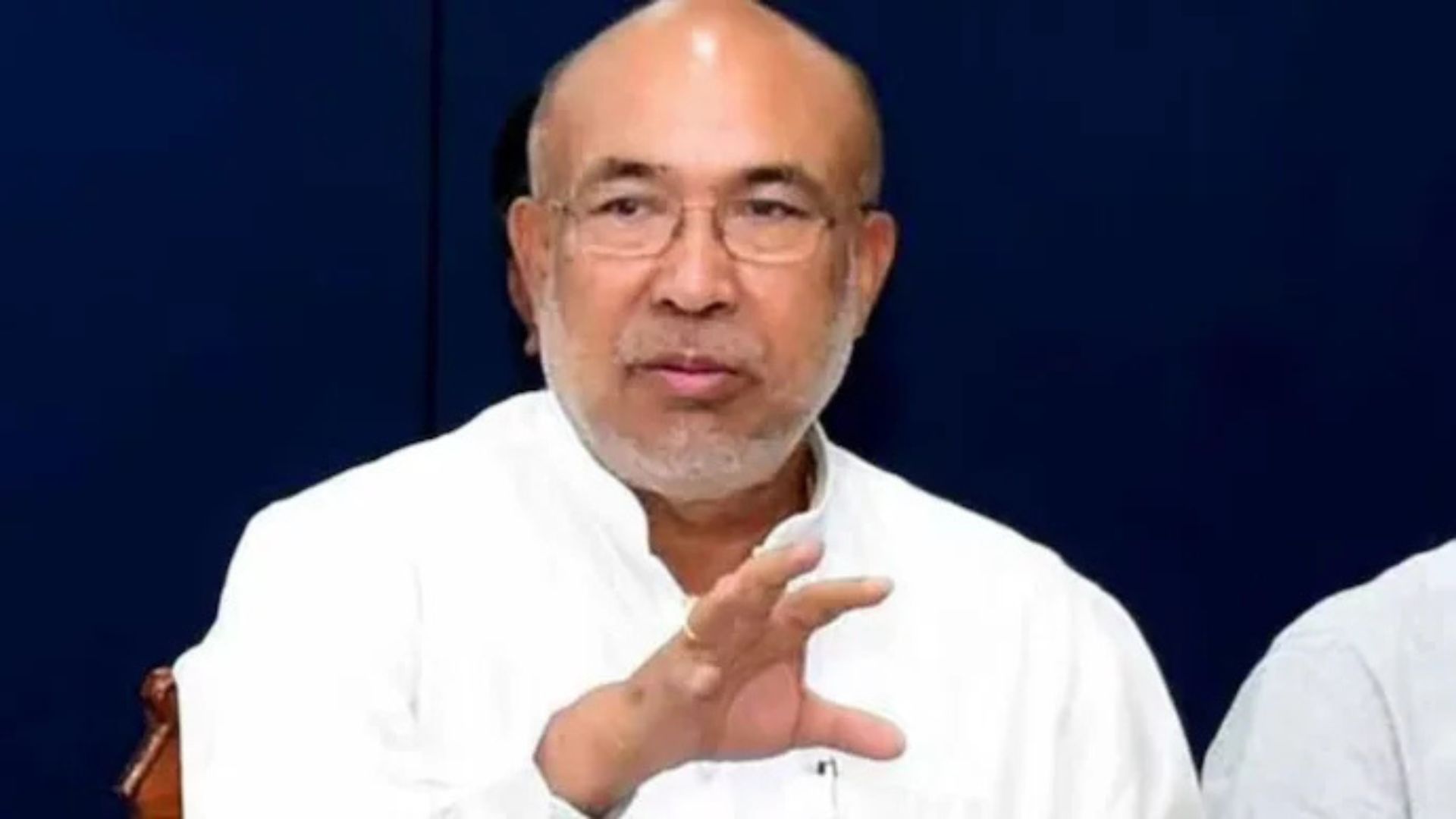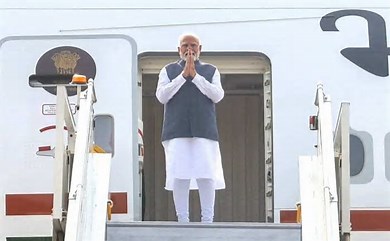
Recently BCCI’s chairman of selection committee Chetan Sharma resigned from his post amid a controversial sting operation which showed him revealing classified selection matters.
It is alleged that he revealed his internal discussion with Head Coach and other players and he also levelled serious allegations against some senior members of Indian Cricket Team. This entire episode gave rise to the discussion about the legal admissibility of sting operations and entrapment and whether it amounts to violation of Right to Privacy which is a Fundamental Right enshrined under Article 21 of the Constitution of India.
There is no specific law in India dealing with the legality of Sting Operations. Over the years, various High Courts and Hon’ble Supreme Court has discussed about the legality and admissibility of sting operations in evidence in various cases based on the facts of the case.
Evidence illegally secured is admissible in court if it is ‘relevant’ to the case and the admission of such evidence has not been barred by the Constitution or any other law. In Indian Evidence Act there is no provision that confers power on the court to exclude sting operation as evidence. In 1983, the Law Commission of India in its 94th report recommended that the legislature should amend the Indian Evidence Act to confer on the court discretion to exclude evidence obtained illegally or improperly, if the admission of such evidence would bring the administration of justice into disrepute. Till date, no such law has been passed.
There are no hard and fast rules to determine the legitimacy of a sting operation and under which circumstances will it be considered as evidence under law.
The Pre-natal Diagnostic Techniques Act (1994) is perhaps the only legislation in India which talks about sting or decoy operations in medical facilities which might be suspected of illegal sex determination. Sting operations undertaken under this act are legitimate and regulated.
In Raja Ram Pal v. Hon’ble Speaker, Lok Sabha and Others (2007) The Delhi High Court upheld the legality of sting operations that brought to light the misconduct of 11 MPs and led to their removal, it was a ‘cash for query’ case and determined the parliamentary privileges that were laid down in India.
A request to frame guidelines for sting operations came up in the case of R.K. Anand v. Registrar, Delhi High (2009). It was commonly known as the ‘BMW hit and run case’ where a young man from an influential family, driving at a reckless speed ran over six people including three policemen in an inebriated state. The lawyers of the accused were seen meeting the prime witness of the case and influencing him not to testify. The Delhi High court declared them guilty and the Supreme Court upheld the decision and refused to put down guidelines for the media conducting sting operations, which was requested in the case. It said by putting down guidelines would tamper with the autonomy of the media which is against the media’s right to free press. A few isolated incidents of misuse do not justify a complete ban on this manner of investigative journalism.
Further Entrapment is a defense to criminal charges, and it is based on interaction between police officers and the defendant prior to (or during) the alleged crime. A typical entrapment scenario arises when law enforcement officers use coercion and other overbearing tactics to induce someone to commit a crime.
There are 2 kinds of Entrapment in India, one where any statute authorizes the state agencies to carry out an entrapment and second where the entrapment does not derive its legality from any legislation. For example, the ACB or CBI is authorised by the Delhi Special Police Establishment Act, 1946 to create fictional scenarios to ‘trap’ corrupt public servants. However, where the law enforcement officers act arbitrarily and are not authorised by a specific statute, they are bound to violate constitutional and human rights.
In case of entrapment & sting operations, a right balance has to be achieved between the Right to Privacy and public interest. A blanket bar on the admissibility of the entrapment or sting operation in evidence may affect the rights of the victim however Right to Privacy also has to be protected from the unregulated and arbitrary attempts by the State Agencies, Media or any stranger indulging into unauthorized entrapments.
Therefore, it is the need of the hour that a specific and detailed legislation should be brought in India dealing with the legality and admissibility of the entrapments and sting operations. This void of a specific statute dealing with the issue at hand neither should be misused to violate the basic structure of the constitution of India nor to scuttle the criminal justice system.
Tushar Agarwal in an advocate, Supreme Court of India















